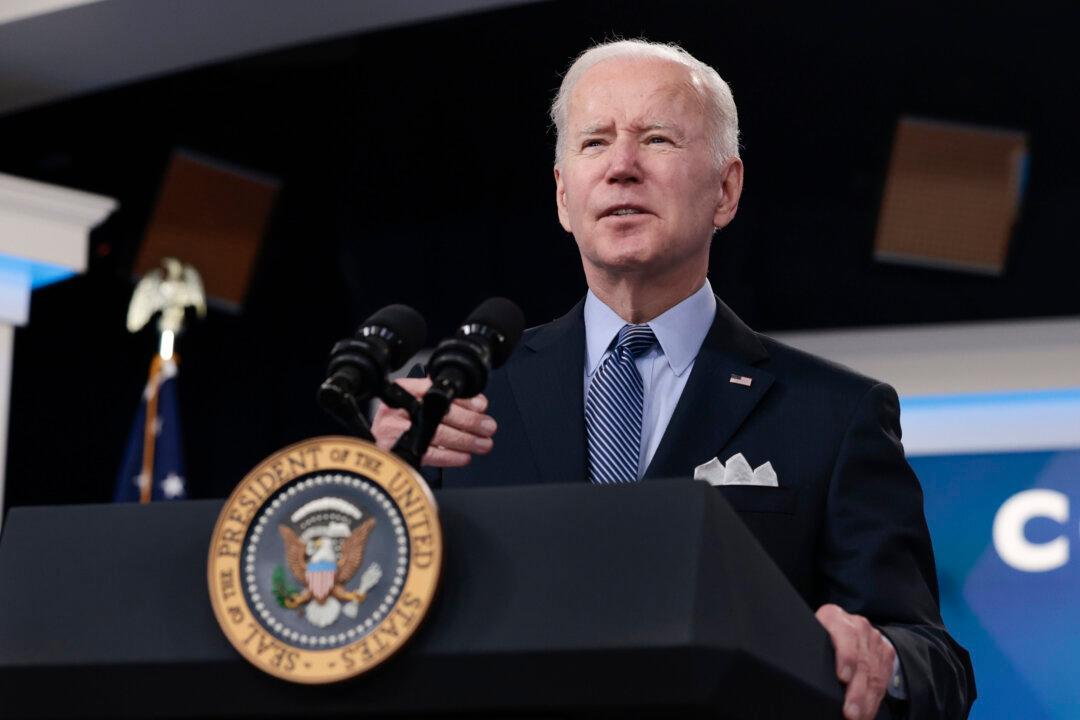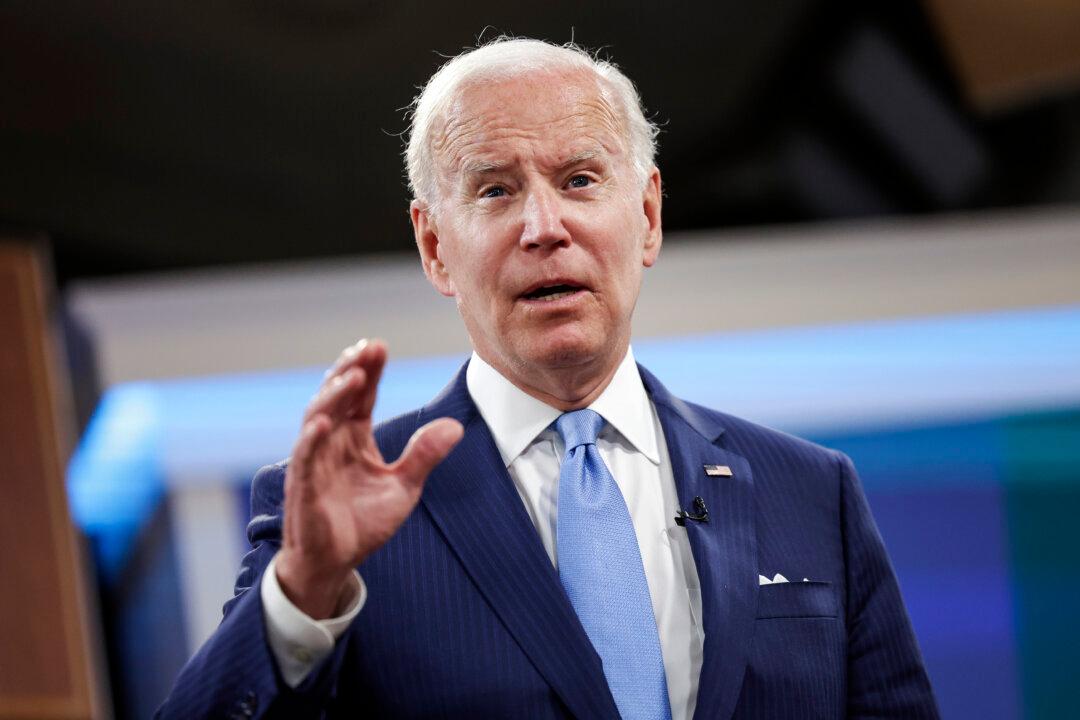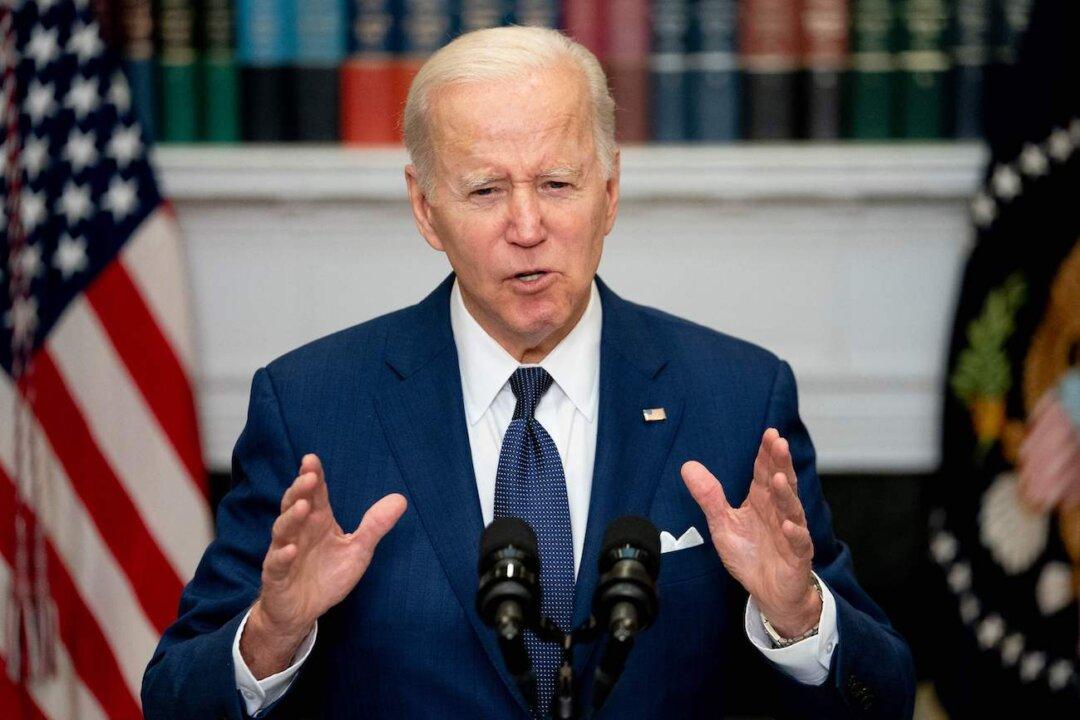President Joe Biden announced on March 31 that the United States will release an unprecedented 180 million barrels of oil from the nation’s Strategic Petroleum Reserve (SPR) over the next several months.
The oil will be put out into the market at a pace of 1 million barrels per day on average for the next six months starting in May, and this will come in concert with releases from other countries around the world, according to a senior administration official on a call with reporters ahead of the president’s announcement.




